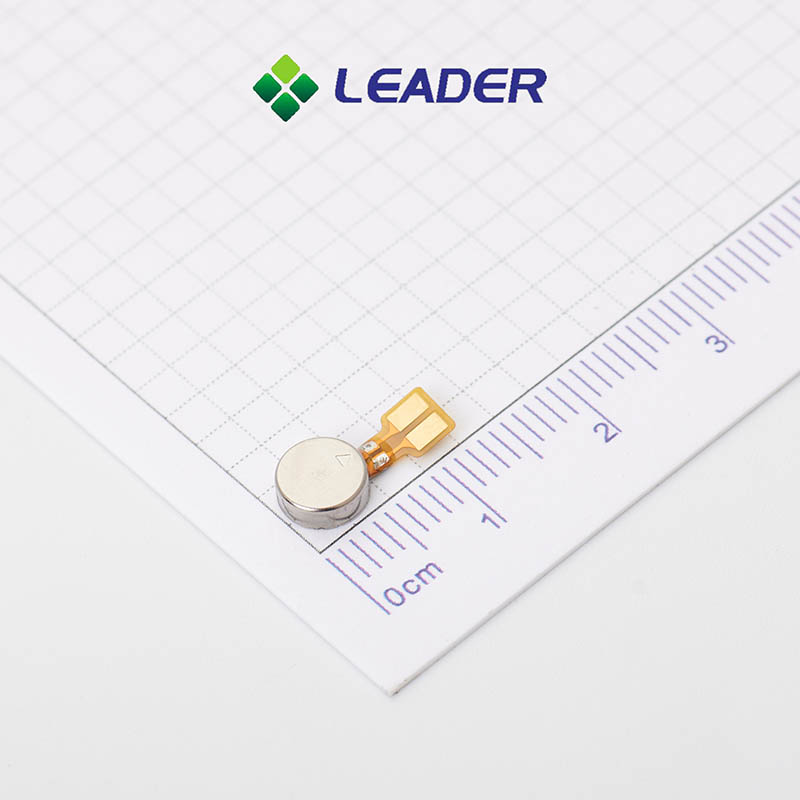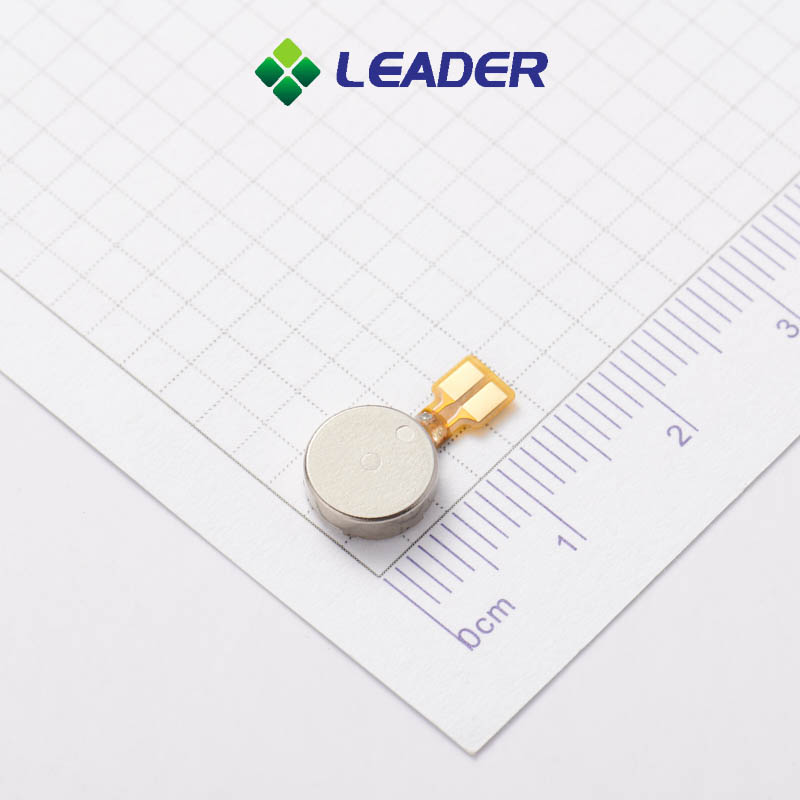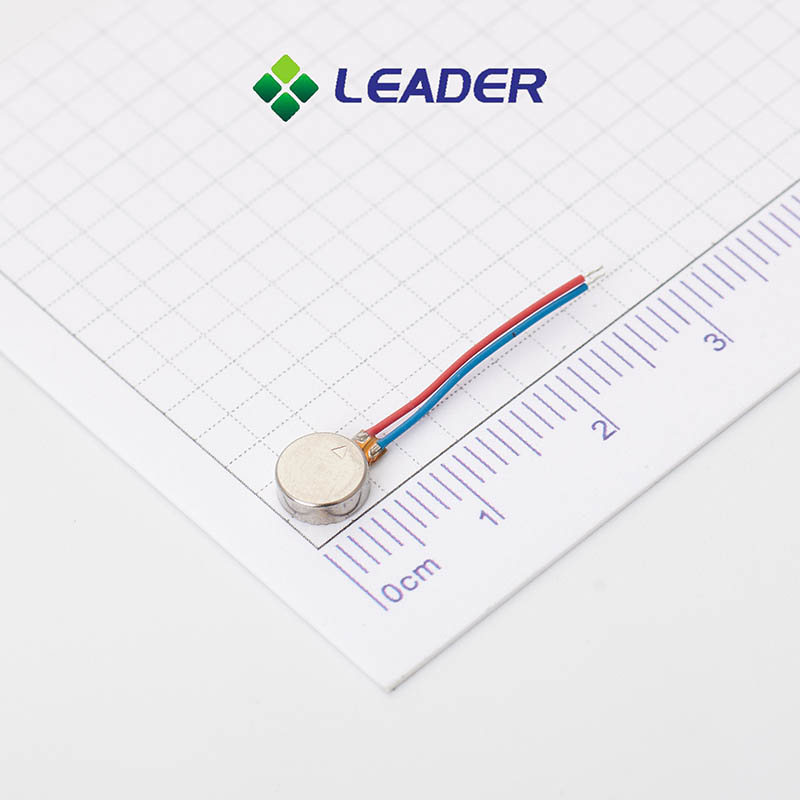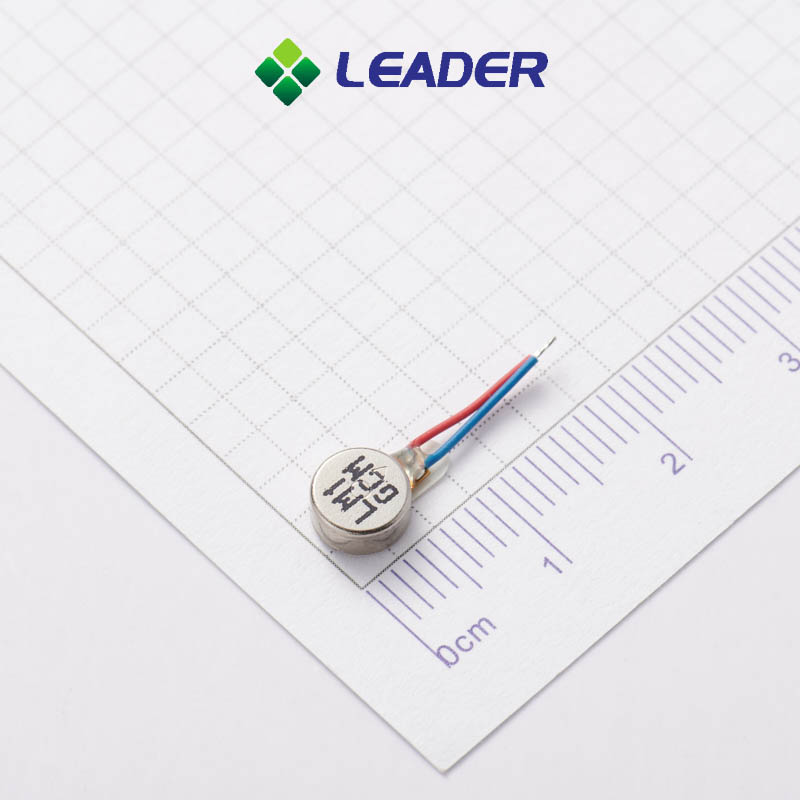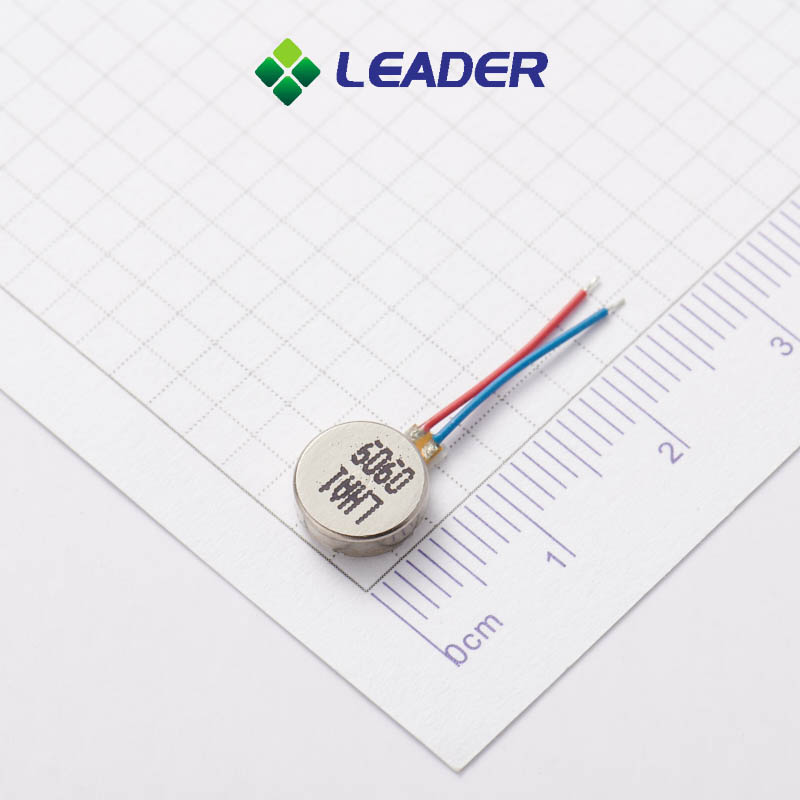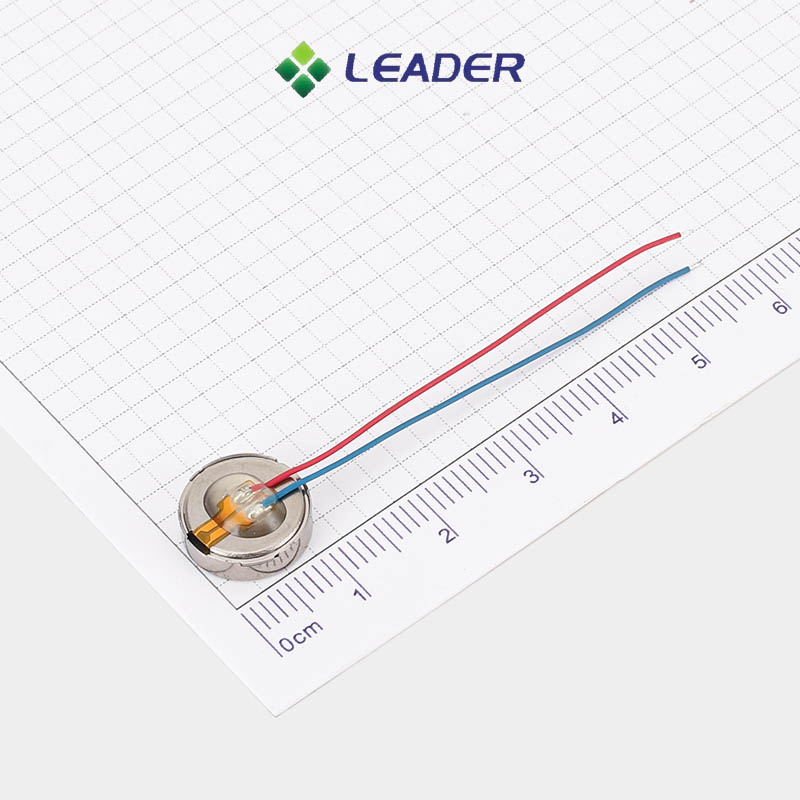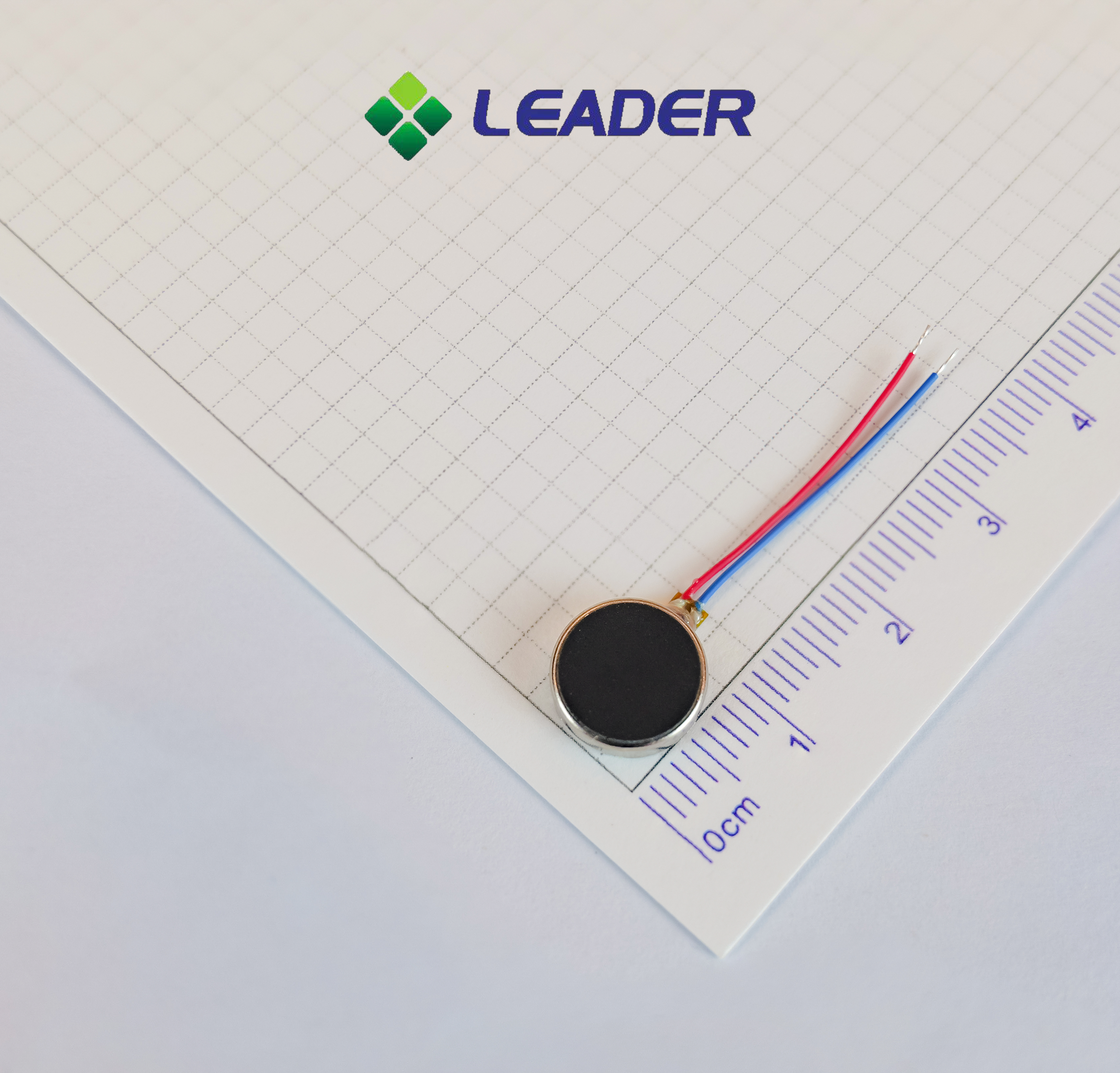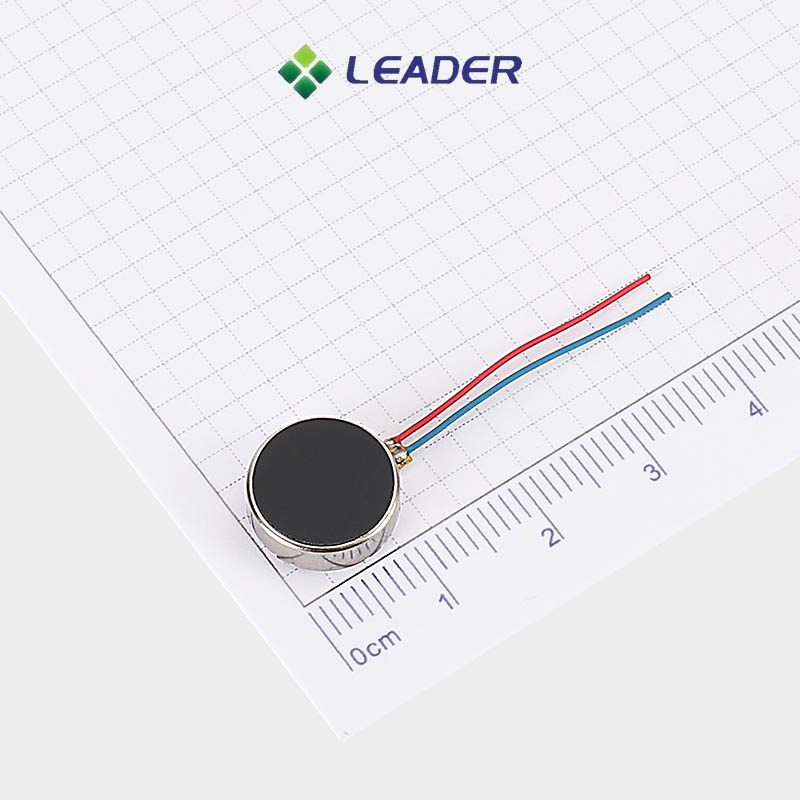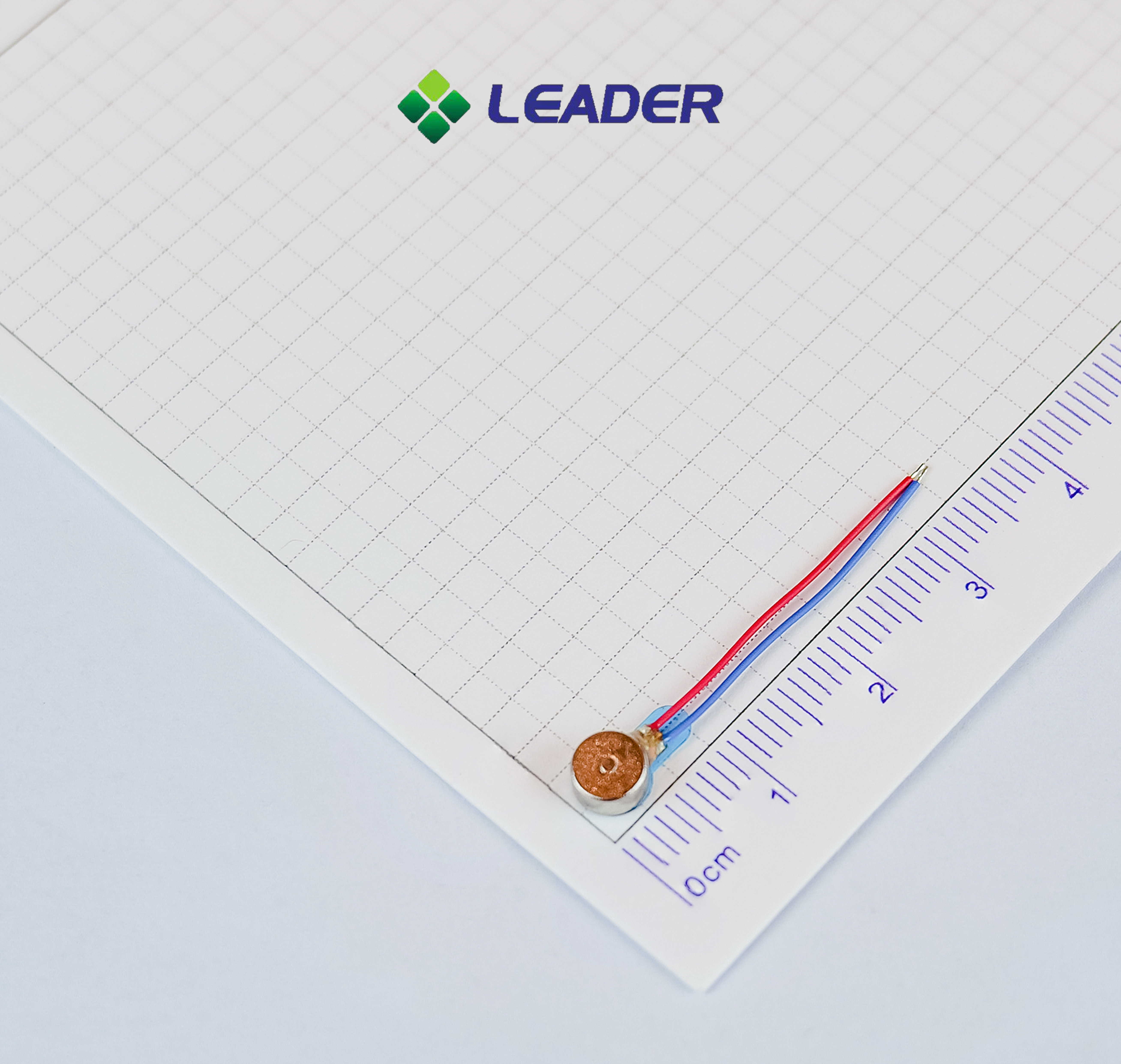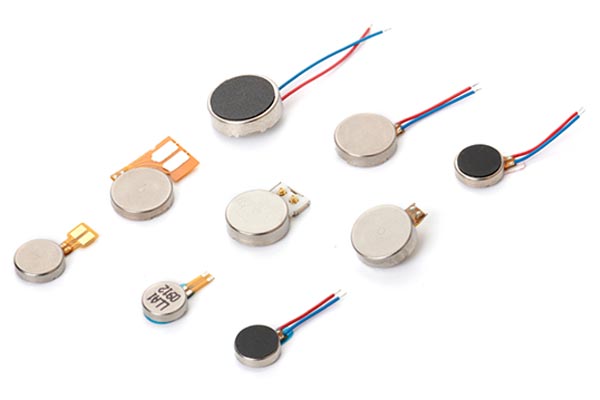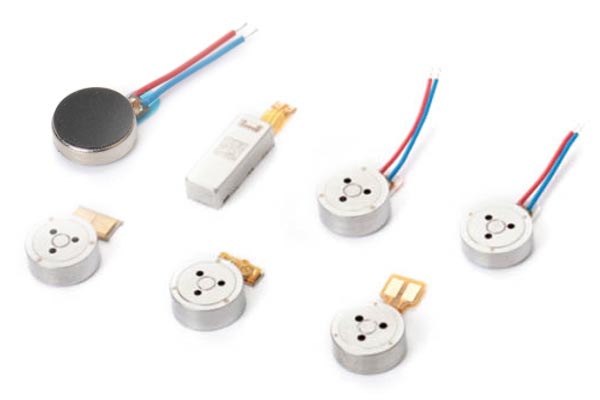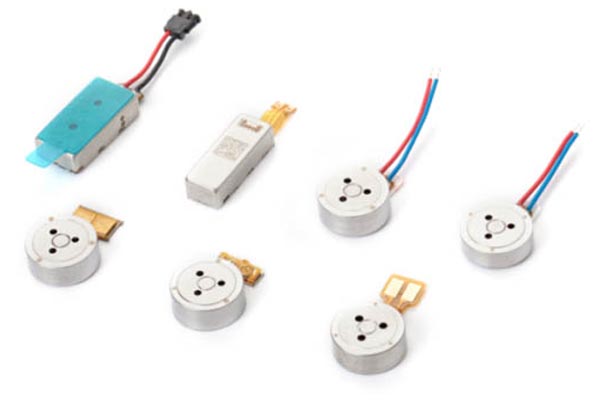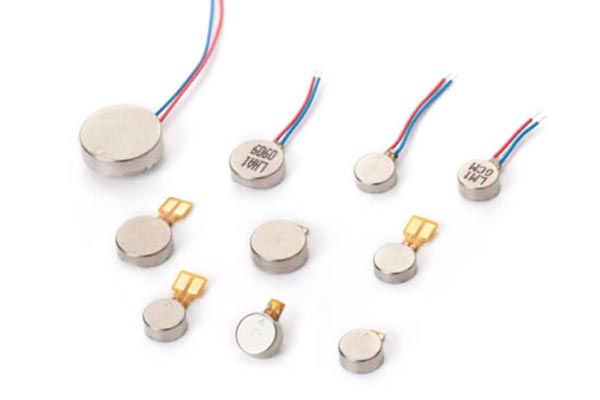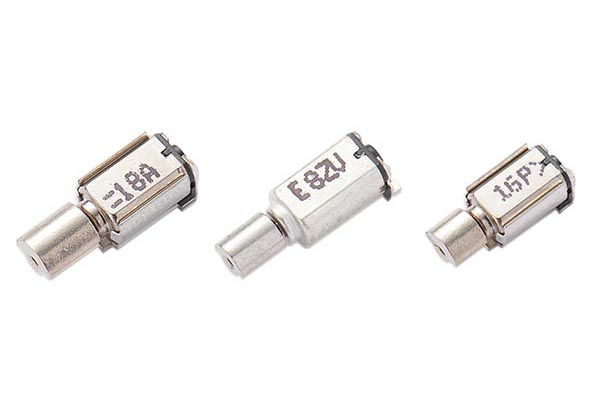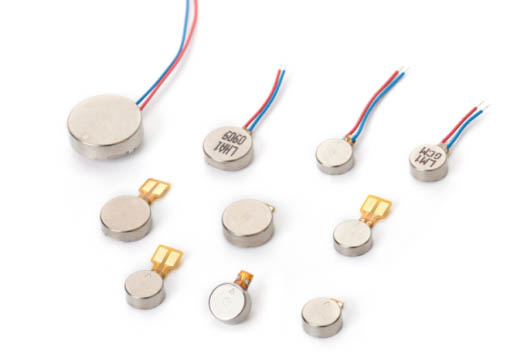
Micro Brushless Motor Manufacturer
A micro brushless motor is a small-sized electric motor that uses brushless technology for propulsion. The motor comprises a stator and a rotor with permanent magnets attached on. The absence of brushes eliminates the friction, resulting in greater efficiency, longer lifespan and quieter operation.A micro brushless motor typically measures less than 6mm in diameter, making it an excellent choice for tiny devices:Especially robots, wearable devices and other micro-mechanical applications where the compact size and high performance are critical.
As a professional micro brushless motor manufacturer and supplier in China, we can meet customers' needs with custom high quality brushless motor. If you are interested, welcome to contact Leader Micro.
What We Produce
Micro brushless motor can achieve very high speeds and provide precise control, but they are also more complex and expensive than brushed motors. Nonetheless, their superior performance and reliability make them the preferred choice for many applications that demand compactness and efficiency.
Our company currently offers four models of brushless motors with diameters ranging from 6-12mm. We have different diameter options available to meet the high-speed requirements of various applications. We are constantly improving our brushless motor designs to stay ahead of industry trends and meet the evolving demands of our customers.
FPCB Type
Lead Wire Type
| Models | Size(mm) | Rated Voltage(V) | Rated Current (mA) | Rated(RPM) | Voltage(V) |
| LBM0620 | φ6*2.0mm | 3.0V DC | 85mA Max | 16000±3000 | DC2.5-3.8V |
| LBM0625 | φ6*2.5mm | 3.0V DC | 80mA Max | 16000±3000 | DC2.5-3.8V |
| LBM0825 | φ8*2.5mm | 3.0V DC | 80mA Max | 13000±3000 | DC2.5-3.8V |
| LBM1234 | φ12*3.4mm | 3.7V DC | 100mA Max | 12000±3000 | DC3.0-3.7V |
Still not finding what you're looking for? Contact our consultants for more available products.
Small Brushless Motor Key Feature:
Our motors are engineered to ensure precise and consistent performance, ensuring your application runs smoothly every time.
Our advanced brushless DC motors are designed for optimized power use, allowing you to benefit from superior energy efficiency and lower operating costs.
Our motors stand the test of time and have no brushes to wear out, minimizing maintenance requirements and extending service life.
Enjoy ultra-quiet motor operation, ideal for noise-sensitive environments, providing a tranquil atmosphere without compromising performance.
From robotics to renewable energy solutions, our motors have proven their performance in diverse applications, demonstrating unparalleled versatility.
Our brushless DC motors achieve higher efficiency levels by eliminating friction caused by brushes in traditional motors, resulting in less heat generation and longer motor life.
Our motors are smaller and lighter, making them ideal for applications where space and weight constraints are important considerations, delivering maximum performance in limited space.
Application
Small brushless motors are generally smaller and more efficient than brushed motors. The BLDC coin vibration motor is slightly more expensive due to the inclusion of a driver IC. When powering these motors, it is critical to pay close attention to polarity (+ and -). Additionally, they are known to last longer, produce less noise, and can be used in a wider range of applications. Including:
BLDC vibration motors are commonly used in massage chairs to provide various massage techniques and relieve muscle tension. These motors produce vibrations of varying intensities and frequencies to stimulate blood circulation and relax the body. They are also used in other personal care products such as hand massagers, foot baths and facial massagers.
BLDC vibration motors are integrated into game controllers to provide tactile feedback, enhancing the gaming experience by providing a sense of touch. They provide vibration and feedback to simulate different in-game events such as collisions, explosions or weapon recoil.
BLDC vibration motors are commonly used in vibrating alarms and pagers to provide discreet and effective notifications for people with hearing impairments. The motor creates vibrations that users can feel, alerting them to incoming calls, messages or alerts. They are also used in vibrating wristbands and sirens for those who have difficulty hearing audible alarms or sirens.
Micro brushless motors are frequently employed in medical devices due to their small size, high efficiency and precise control. Dental drills, surgical instruments and prosthetic devices are medical devices that benefit from these motors. Using 3V micro brushless motors in medical can produce better outcomes for patients, including faster procedures, smoother movements and improved control. By enhancing the precision and efficiency of medical devices, these motors can help to enhance patient comfort and overall outcomes.
Micro brushless motors are commonly used in smartwatches to control the vibration function. They provide precise and reliable haptic feedback, alerting users of incoming notifications, calls or alarms. The micro motors are small, lightweight and consume very little power, making them ideal for use in wearable technology.
Micro brushless motors are often used in beauty devices, such as facial massagers, hair removal devices and electric shavers. These devices rely on the motor's vibration to perform their intended functions. The micromotor's compact size and low noise make them ideal for handheld beauty devices.
Micro brushless motors are extensively used in small robots, drones and other micro-mechanical systems. The motors provide precise and high-speed control, which is essential for these devices to operate efficiently. They are used in various robot applications, such as propulsion, steering and movements.
In summary, micro brushless motors offer precise control, low noise and high efficiency. They are often preferred over traditional brushed motors for their many benefits.
Brushed vs. Brushless Vibration Motors
Brushless motors and brushed motors differ in several ways, including their design, efficiency, and maintenance requirements.
In a brushed motor, carbon brushes and a commutator deliver current to the armature, which causes the rotor to rotate. As the brushes and commutator rub against each other, they produce friction and wear over time, reducing the motor's lifespan. Brushed motors can also generate more noise due to the friction, which can be a limiting factor in some applications.
In contrast, brushless motors use electronic controllers to excite the motor's coils, delivering current to the armature without the need for brushes or a commutator. This design eliminates the friction and mechanical wear associated with brushed motors, leading to improved efficiency and longer lifespan. Brushless motors are also generally quieter and produce less electromagnetic interference than brushed motors, making them suitable for use in sensitive electronic applications. Additionally, brushless motors have a higher power-to-weight ratio and greater efficiency than brushed motors, especially at high speeds. As a result, they are often preferred in applications that demand high performance and efficiency, such as robotics, drones, and electric vehicles. The main disadvantages of brushless motors include their higher cost, as they require electronic controllers and more complex design. However, as technology progresses, the cost of brushless motors is becoming more competitive.
In summary, while brushed and brushless motors offer similar functionality, brushless motors provide greater efficiency, longer lifespan, reduced noise, and less mechanical wear.
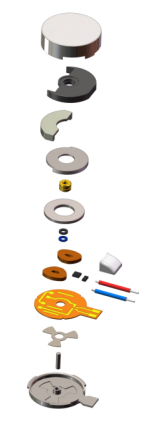
Brushed DC Motors |
Brushless DC Motors |
|
Shorter lifespan |
Longer lifespan |
|
increased louder noise |
Reduced quieter noise |
|
Lower reliability |
Higher reliability |
|
Low cost |
High Cost |
|
Low efficiency |
High efficiency |
|
Commutator sparking |
No sparking |
|
Low RPM |
High RPM |
|
Easy to drive |
Hard to drive |
The lifespan of brushless motor

The lifespan of a micro brushless dc motor is primarily dependent on several factors, such as its build quality, operating conditions and maintenance practices. Generally, brushless motors have a longer lifespan than brushed motors due to their more efficient design, which reduces mechanical wear and tear. It should be noted that the motor must be assembled to the terminal device within six months of shipping date. If the small vibration motor has not been used for more than six months, it is recommended to activate the motor with electricity (powered on for 3-5 seconds) before use to achieve the best vibration effect.
However, several factors can impact the lifespan of a mini brushless motor. For instance, if a motor is operated beyond its design parameters or exposed to adverse conditions, its performance will degrade rapidly and its lifespan will be reduced. Similarly, improper maintenance practices can cause the motor to wear quickly, leading to increased downtime or even motor failure.
Ensuring proper operation and maintenance is essential for prolonging the lifespan of miniature brushless motor. Appropriate installation practices, regular maintenance, and an adequate supply of clean power can help extend the motor's lifespan. Regular inspection of the tiny brushless motor, including part replacement and cleaning, which can help to identify issues before they cause significant damage.
Get Micro Brushless Motors in Bulk Step-by-step
Micro Brushless Motor FAQ
When selecting a brushless motor, critical parameters should be considered. Including rated voltage, rated current, rated speed and power consumption. The motor's size and weight should also be evaluated to make sure it fits the intended application.
3V micro bldc motors are smaller and lighter than many other types of brushless motors, which makes them ideal for use in small-scale applications. However, they are generally less powerful than larger brushless motors.
Yes, but they must be adequately protected from moisture and extreme temperatures that can cause damage.
Yes. A motor driver is essential for controlling the motor's speed, direction of rotation and delivering the precise amounts of current required by the motor. Without a motor driver, the motor would not operate correctly, while its performance and lifespan would be compromised.
Step 1: Determine the voltage and current requirements of the brushless DC motor.
Step 2: Select a motor controller that matches the motor specifications.
Step 3: Connect the brushless DC motor to the motor controller according to the manufacturer's instructions.
Step 4: Connect power to the motor controller, making sure the voltage and current ratings meet the requirements of the motor and controller.
Step 5: Configure the motor controller settings, including the desired speed, direction, and current limits for the motor.
Step 6: Establish a connection between the motor controller and the control system or interface that sends commands to the motor.
Step 7: Use a control system or interface to send commands to the motor controller, such as start, stop, change speed or direction.
Step 8: Monitor the performance of the motor and, if necessary, adjust the motor controller settings to optimize operation or resolve any issues.
Step 9: Once completed, safely disconnect the motor from the motor controller and power source.
Brushless DC vibration motors, also known as BLDC motors. Brushless coin vibration motors usually consist of a circular stator and an eccentric disc rotor located therein. The rotor consists of permanent magnets surrounded by coils of wire fixed to the stator. When an electric current is applied to the coil, it creates a magnetic field that interacts with the magnets on the rotor, causing it to spin rapidly. This rotational motion creates vibrations that are transmitted to the surface where they are mounted, creating a buzzing or vibrating effect.
One of the advantages of brushless motors is that they have no carbon brushes, which eliminates the issue of wear over time, making them highly reliable and efficient.
These motors have a significantly longer service life than traditional coin brushing motors, often at least 10 times longer. In the test mode where the motor operates in a cycle of 0.5 seconds on and 0.5 seconds off, the total life span can reach 1 million times. It is worth noting that brushless motors with integrated drivers must not be driven in reverse, otherwise the driver IC may be damaged. It is recommended to connect the motor leads by connecting the positive voltage to the red (+) lead wire and the negative voltage to the black (-) lead wire
We help you avoid the pitfalls to deliver the quality and value your micro brushless motor need, on-time and on budget.


